President William Ruto has been handed another huge blow ahead of the next general election, which will be held in 2027. The political scene in Kenya is changing rapidly as new parties emerge, signaling a tough battle for the presidency.
Many politicians are rushing to register political parties, preparing for what looks like a fierce contest against Ruto. The Star newspaper has exposed the growing trend, revealing that hundreds of proposed party names have been reserved at the Office of the Registrar of Political Parties.
This is a clear indication that many politicians are gearing up for the 2027 elections with fresh political vehicles.
Between November 2024 and January 2025 alone, 42 names have already been taken for registration. This sudden surge suggests that key political players are plotting new strategies, either to challenge Ruto directly or to form alliances that could weaken his grip on power.
The Registrar of Political Parties, Anne Nderitu, confirmed that her office has been overwhelmed with applications for new party names.
She revealed that ever since the 2022 elections, interest in forming new parties has remained high, with many politicians exploring ways to establish their own political identities.
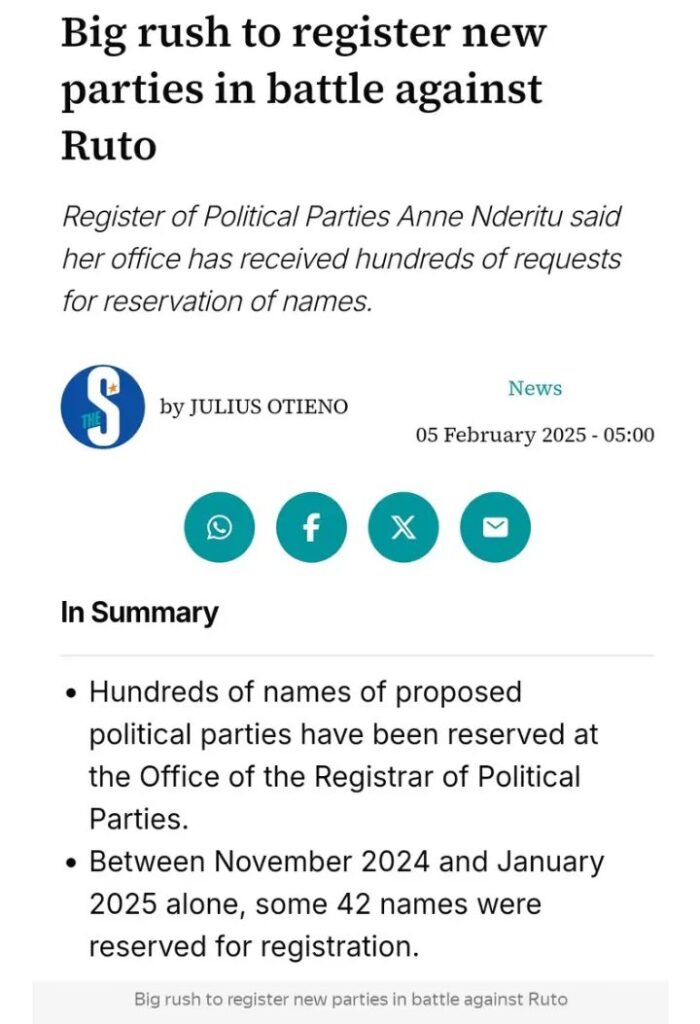
In December 2024 and January 2025 alone, 45 applications for party registration were reviewed by the Office of the Registrar of Political Parties.
This indicates a serious push by different leaders to position themselves strategically ahead of the 2027 elections. Since 2022, the registrar has issued provisional registration certificates to seven political parties, meaning that the number of active parties is growing, making the political field even more unpredictable.
The increased registration of parties suggests that some leaders within Ruto’s camp may be considering breaking away, or opposition figures are reorganizing themselves for a stronger comeback.
With political realignments taking shape, the situation is becoming tense, and the race to 2027 is already heating up. Many leaders seem to believe that Ruto’s dominance can be challenged if a strong alternative is formed.
The move to register new parties might be a sign that some of Ruto’s allies are dissatisfied and could be planning to chart their own paths. The rush to secure party names also means that coalitions could change before the next elections, as new alliances will likely emerge.
The high number of new party registrations also raises questions about the unity within existing political parties. If leaders continue to break away and form their own outfits, it could signal a major political shakeup.
The upcoming elections may witness a more fragmented political field, making it harder for any single candidate to secure an outright victory. This also means that Ruto will have to work harder to maintain his support base while facing challenges from multiple fronts.
The situation remains fluid, and as 2027 approaches, it is clear that Kenya’s political scene will witness intense battles and unexpected realignments.







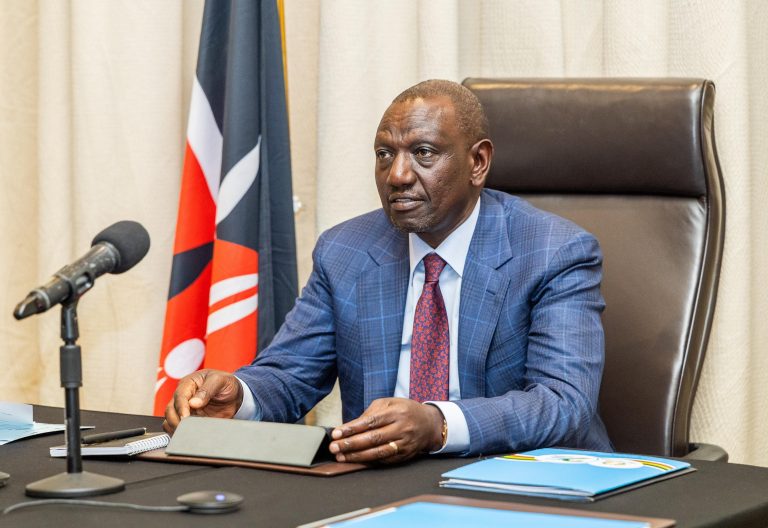

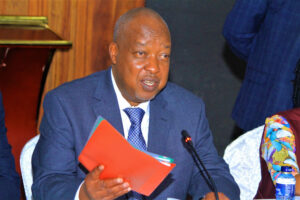

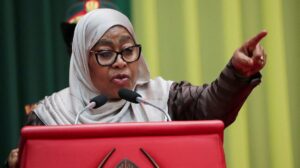
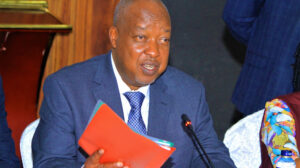



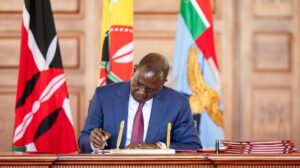




Add Comment